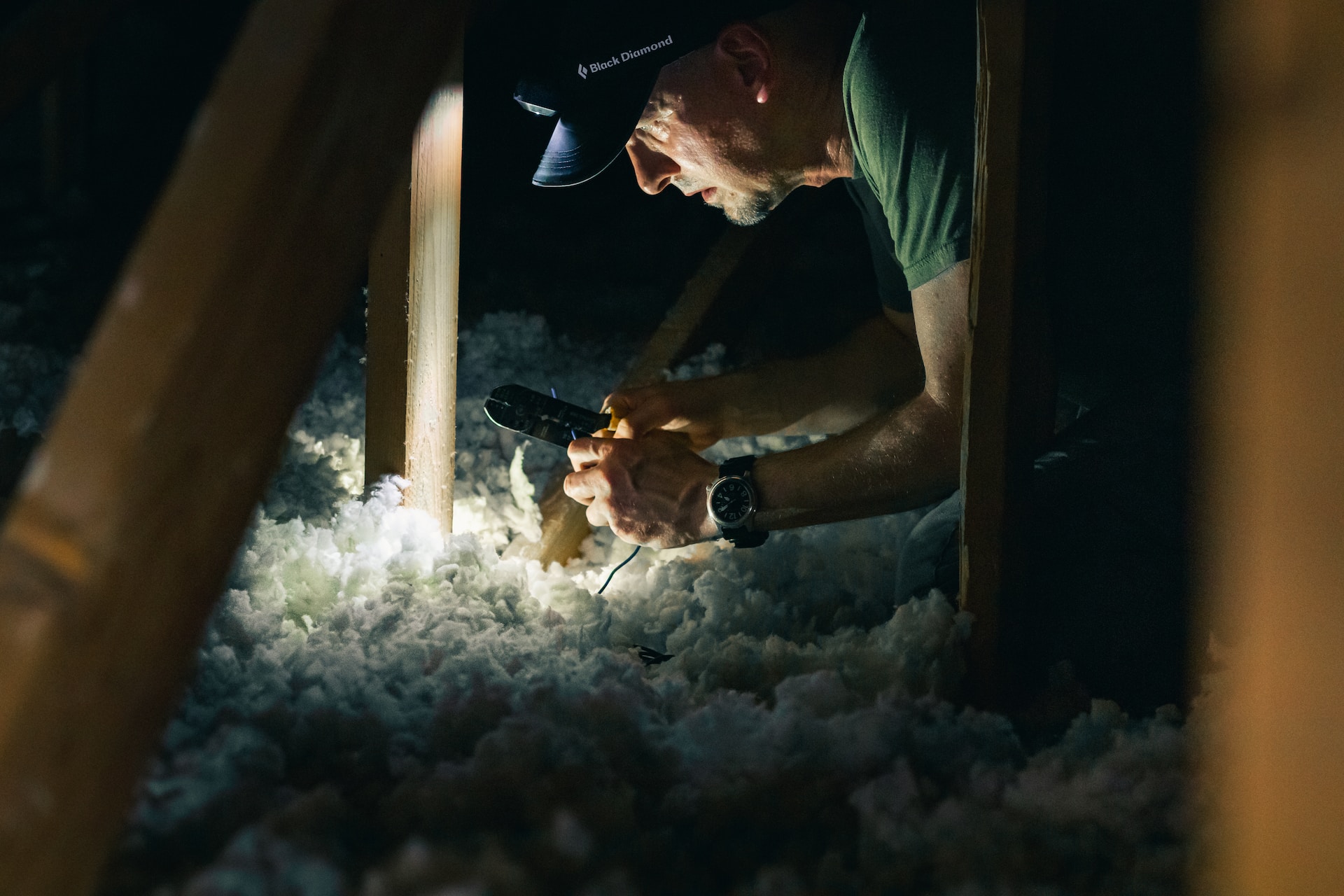What is an EPC rating and why does it matter?
An Energy Performance Certificate (EPC) is a legal requirement when selling or renting a property in the UK. The certificate rates the energy efficiency of a home, with the aim of reducing carbon emissions and helping homeowners and tenants save on energy bills. The certificate provides an energy efficiency rating from A (most efficient) to G (least efficient), similar to the energy labels found on domestic appliances. The EPC also includes recommendations for improving the energy efficiency of the property.
An EPC is valid for ten years and is produced by an accredited Domestic Energy Assessor (DEA) or a qualified Energy Assessor. The assessment considers various factors, such as the age and construction of the property, its insulation, heating systems, lighting, and more. The purpose of the EPC is to provide potential buyers or tenants with information about the property's energy efficiency and the associated costs, allowing you to make more informed decisions about increasing the efficiency of your property.
You can look up the latest energy certificate for any UK property here.
If you’re looking to enhance your home’s energy efficiency and its EPC rating, here are some effective ways to do so…


